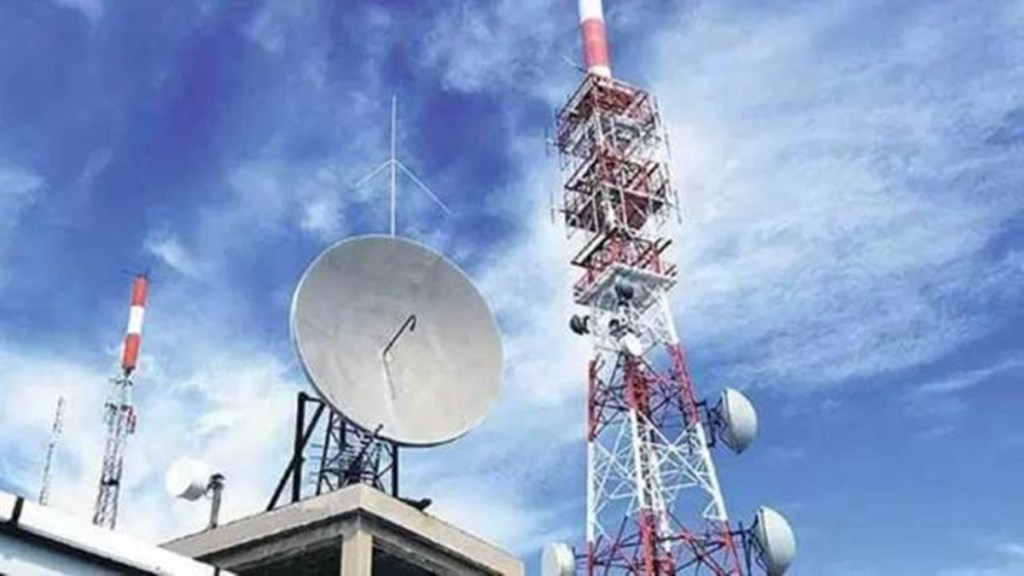The government on Friday once again extended the deadline to implement mandatory testing and certification of telecommunication equipment (MTCTE). The rules, which were scheduled to come into effect from July1, will now kick in from October 1 and January 1, 2024 based on different products, according to a notification by the Telecommunication Engineering Centre (TEC).
The guidelines provide that every telecom equipment must undergo mandatory testing and certification before it is put to sale and used for network rollouts. The implementation of such regime is key to ensure quality and secured equipments are used in the networks. On June 13 last year, the TEC notified the extension of date of MTCTE phase III and phase IV products to July 1, 2023 from July 1, 2022.
Also read: MSME registration crosses the 2 crore registration milestone on Udyam
As per the current notification, the implementation date for mandatory certification of 12 products such as base station for cellular network, optical fiber cable, etc, covered under MTCTE phases 3 and 4, have been extended by six months to January 1, 2024.
On the other hand, the mandatory certification of 32 products such as IoT gateway, tracking device, router etc, by three months to October 1, 2023.
The government extended the deadline even after the taskforce set up by Department of Telecommunications (DoT), recommended against such a move. The taskforce led by Rakesh Bhatnagar, director general of VoICE consortium, said that postponing the implementation would not only hinder the growth of the domestic telecommunications industry but also compromise the quality and safety of the equipment being used.
“This step of deadline extension is not good for the domestic industry. We are not only seeing unnecessary increase in imports but also the security is getting compromised,” Bhatnagar said, adding that the move is against the beneficiaries of telecom PLI scheme as their sales are already being affected owing to the use of low quality and unsecured equipments.
The government’s deadline extension, however, was welcomed by the Cellular Operators Association of India (COAI), which represents major telecom operators. The association flagged the absence of testing and certification infrastructure in the country. Further, they said that the pace of network deployment is faster than the set up of testing labs in the country, which may hinder the network rollout process as well.
These extensions would aid the industry which has been facing significant challenges in the operationalisation of Phases 3 and 4 of the MTCTE, primarily owing to issues like non-availability and limited capability of testing labs, absence of defined timelines for testing procedures, and lack of benchmarks for both testing charges and certification charges, COAI said.
“We believe that the Government has found merit in our submissions and taken a practical decision based on the ground realities in regard to the Testing and Certification ecosystem for telecom equipment in the country. We thank the Government and assure our complete support and all requisite efforts to ensure that the revised timelines are met effectively,” said SP Kochhar, director general of COAI.
Also read: Recovery period slows down for ARCs under the new OTS scheme norms
In counter, Bhatnagar said some groups exerted unnecessary pressure on the government. The government could have started with the available testing ecosystem in the country which is enough to get started.
According to the TEC website, there are 62 testing and certification labs designated by the organisation. Apart from TEC-designated labs, companies such as HFCL, STL, Birla Cables, have already invested in developing testing infrastructure which can be used for the purpose of MTCTE testing.
“We have created a state-of-the-art telecom equipment testing lab especially for Radio and transport products at Bangalore. This lab is NABL certified. We can offer our lab infrastructure and testing expertise as a service to Government and/or telcos to get their products tested as per MTCTE and help in the fast tracking the certification of the telecom equipment,” said Mahendra Nahata, managing director of HFCL.
“Using uncertified equipment can jeopardize investments, longevity, and network security,” said Ankit Agarwal, managing director of Sterlite Technologies (STL). “We strongly believe that the implementation should be expedited,” Agarwal added.
